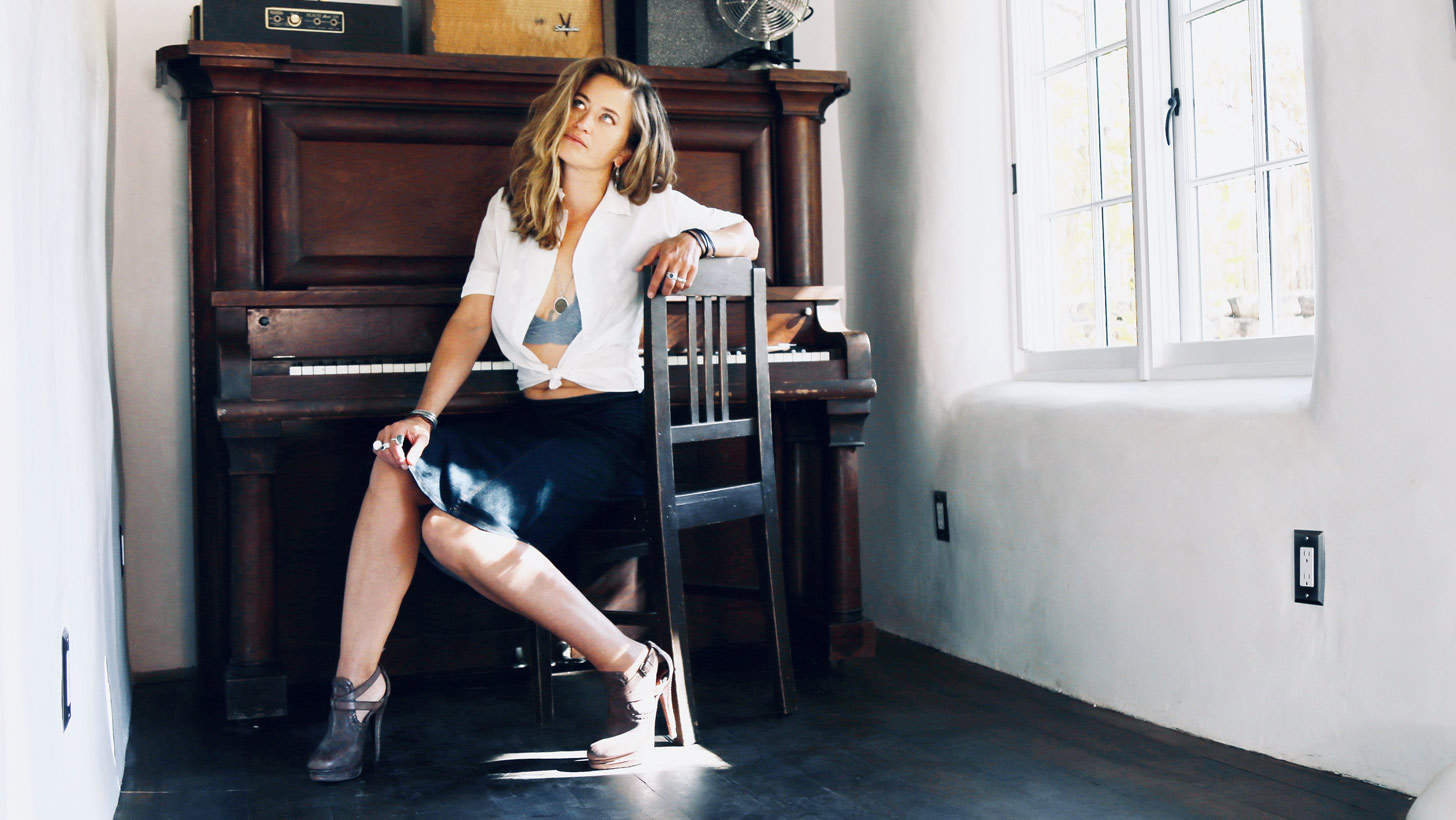Stephanie Hatfield
Out This Fell Album Release PartyJean Cocteau Theater • 418 Montezuma Ave. • Santa FeSaturday, Jan. 25 • 7pm • $10 • All-agesDays, Decades And Rivers, Too
A Conversation With Stephanie Hatfield And Bill Palmer

Latest Article|September 3, 2020|Free
::Making Grown Men Cry Since 1992

Stephanie Hatfield
Out This Fell Album Release PartyJean Cocteau Theater • 418 Montezuma Ave. • Santa FeSaturday, Jan. 25 • 7pm • $10 • All-ages